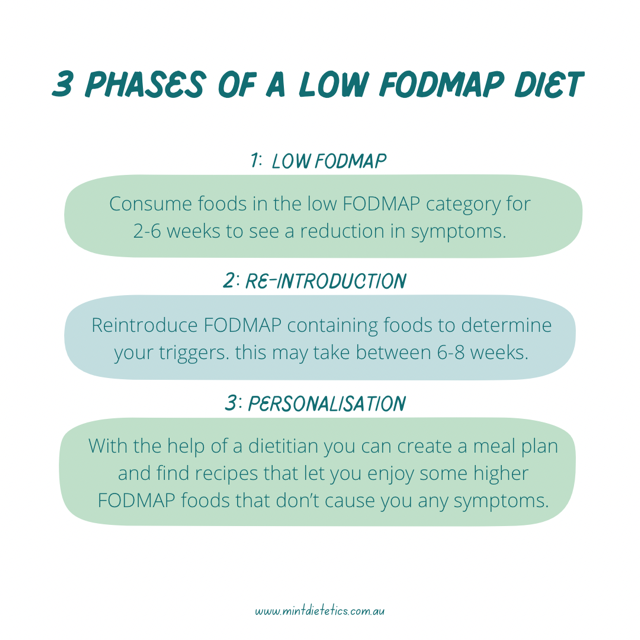Why do I have heartburn and what to do about it.
- Jenny Jacobs

- Mar 11, 2021
- 3 min read

Heartburn or gastroesophageal reflux disease affects approximately 10-15% of the Australian population and is a common digestive complaint that I see in my practice. Clients often report a burning sensation, heavy feeling in the stomach, gas and bloating. The most common tendency is to think that heartburn and indigestion is caused by too much stomach acid which is understandable as an overproduction of stomach acid can also cause these symptoms. However, it is usually the opposite, too little stomach acid also known as hypochlorhydria (Hypo= Low, Chlorhydria= stomach acid).
How does low stomach acid cause heartburn?
The stomach is highly acidic in nature which is crucial to life and wellbeing. The pH of the stomach fluctuates in between pH 1.5- 2.5 which is important so that we are able to digest and breakdown food that enters our bodies. When there is enough stomach acid the lower esophageal sphincter (the tube that connects the stomach to the esophagus) is tightly shut and the stomach lining is thick and plush. These two mechanisms help protect the stomach and esophagus from the corrosive acidic environment.
When there is too little stomach acid this causes a number of things to happen:
The lower esophageal sphincter becomes loose allowing contents of the stomach to spill into the esophagus
Thinning of the stomach lining which is then prone to stomach ulcers
Food will sit longer in the gut causing fermentation and gas production which then splashes up into the esophagus as a result of the weak sphincter hence causing that burning sensation
Decreased nutrient absorption such as vitamin B12, folate and proteins
Inability to kill off harmful bacteria that enter the stomach through the mouth which can lead to small intestinal bacterial overgrowth (SIBO)
Why does someone have low stomach acid?
Stomach acid is produced in the parietal cells of the stomach and its production can diminish when the cells are under chronic stress such as in excessive consumption of alcohol and fatty foods, overeating, eating too quickly and eating when in stress.
The good news is that we can restore stomach acid production by making some dietary and lifestyle changes. This can be in the form of taking dietary herbs and supplements that support the gut such as digestive bitters and enzymes, apple cider vinegar and lemon and removing foods that trigger reflux such as fatty foods, refined sugar, alcohol and caffeine. Last but not least is remembering to eat in a calm state. Our mental state while we eat is often overlooked, however eating in a stressed state has been shown to reduce gastric acid secretions leading to indigestion. This process is known as the cephalic phase of digestion, where our thoughts, sight or smell of food can initiate the digestive process.
What about medications for heartburn?
Medications to suppress stomach acid such as proton pump inhibitors (PPIs) (eg. nexium) are one of the most commonly prescribed drugs. These medications work by shutting down the production of stomach acid in the parietal cells of the stomach providing temporary relief. There are, however, side effects of taking these drugs long term which include malabsorption of iron, vitamin B12, magnesium and calcium as these nutrients require an acidic environment to be absorbed into the body. Research has found that long term use of PPIs predispose people to osteoporosis and iron deficiency anaemia.
As you can see adequate stomach acid is vital for overall good health and to move food through the digestive tract in a timely manner to avoid reflux. If you would like to get relief from heartburn using natural alternatives and minimise the use of medications please get in touch with me.


%20-%202025-01-10T222601_189.png)



Comments